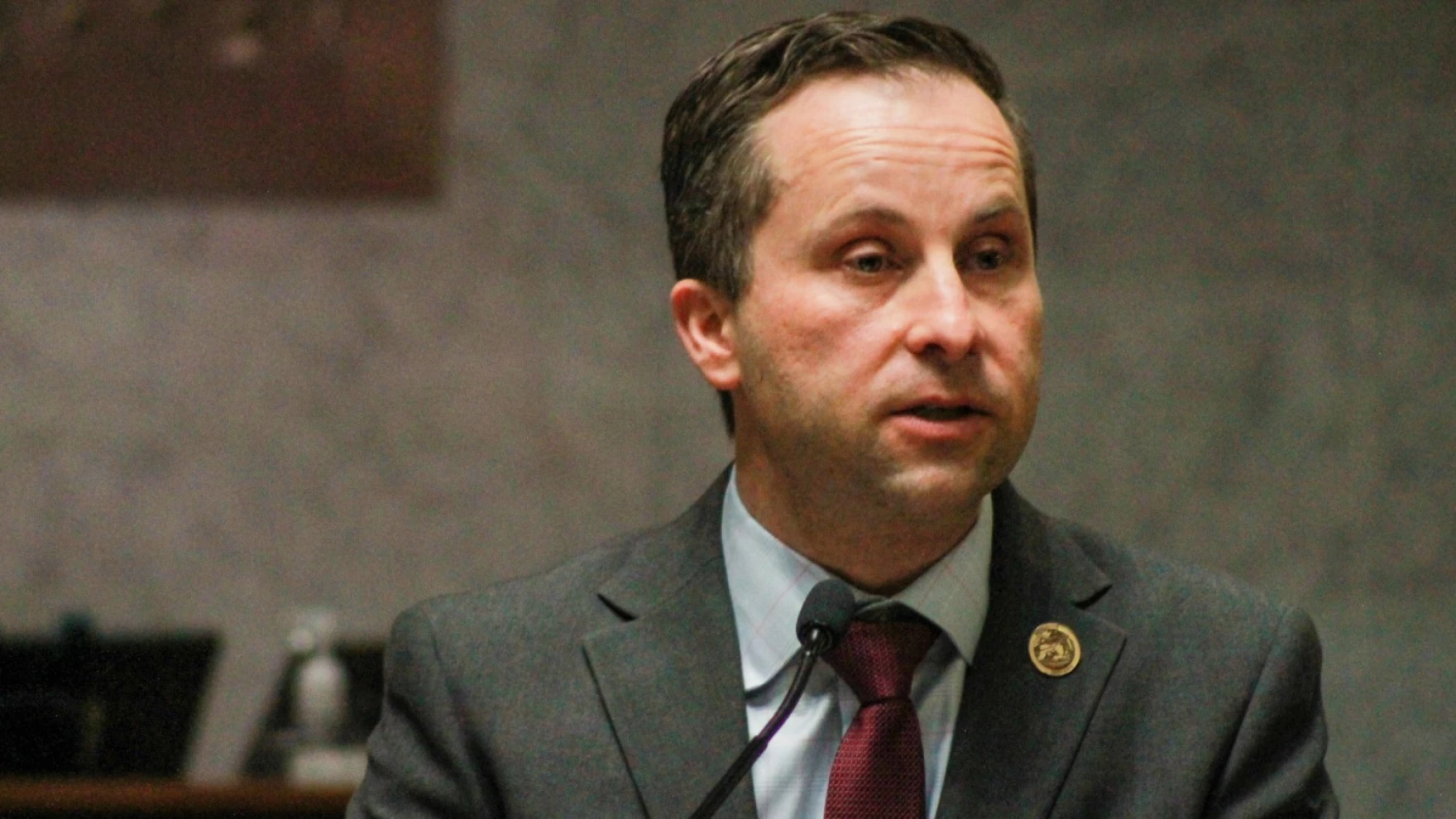The Intelligence Community Assessment, often abbreviated as ICA, is one of the most important tools used by the United States government to understand threats and global events. It is a product of the U.S. Intelligence Community, which includes 17 different agencies such as the CIA, FBI, NSA, and DIA. These agencies work together to form a consensus view on major national security issues. The ICA is not designed to create policy, but rather to give accurate, fact-based intelligence that leaders can use to make informed decisions.
The Intelligence Community Assessment is typically requested by senior government figures, including the President, members of Congress, or the National Security Council. Once requested, the intelligence agencies collect and evaluate all relevant information and produce a report that reflects a unified view. However, the ICA also includes dissenting opinions in footnotes when certain agencies do not agree with the majority view. This makes the ICA one of the most transparent and collaborative intelligence products available to U.S. policymakers.
One of the most well-known Intelligence Community Assessments was released on January 6, 2017. Titled “Assessing Russian Activities and Intentions in Recent U.S. Elections,” the report was commissioned by then-President Barack Obama. It concluded that Russia interfered in the 2016 U.S. presidential election with the intent to help Donald Trump win and to undermine public faith in the democratic process. The ICA stated with high confidence that Russian President Vladimir Putin directed the interference campaign. This campaign involved cyber attacks, leaked information, and social media manipulation carried out by Russian intelligence agencies and state-supported actors.
This particular ICA sparked intense political debate and led to multiple investigations. Critics questioned the methods used to create the report and the sources that were included. One of the most controversial elements was the use of the Steele Dossier, a collection of unverified claims about Trump’s alleged ties to Russia. The dossier was paid for by Hillary Clinton’s 2016 campaign and the Democratic National Committee. Though the Intelligence Community noted that the dossier played a limited role, its inclusion raised questions about bias and credibility.
In 2025, new information surfaced from a declassified internal CIA review. The review found that the process of building the 2017 Intelligence Community Assessment was rushed and did not fully follow standard intelligence procedures. It highlighted flaws such as the improper inclusion of unverified sources and the appearance of political influence from senior Obama-era officials. These findings added fuel to long-standing concerns that the ICA was not entirely objective and may have been shaped by outside pressures.
Former CIA Director John Brennan came under scrutiny for allegedly supporting the inclusion of the Steele Dossier in the assessment, despite later testifying before Congress that he opposed it. Federal investigators have since opened a criminal inquiry into Brennan’s actions, and a separate investigation is also looking into former FBI Director James Comey. Both played major roles in the early stages of the Russia investigation, and now their actions during that time are being examined under legal review.
Despite the controversies, the Intelligence Community Assessment remains a critical tool for national security planning. It is used to guide foreign policy decisions, inform military strategies, and provide Congress with a clear understanding of emerging threats. Unlike daily briefings or isolated reports, the ICA offers a big-picture view that is meant to reflect the best collective judgment of the entire Intelligence Community.
The importance of the ICA lies in its ability to bring together multiple sources of intelligence and analysis into one coherent report. However, the integrity of the process is key. When the process is rushed or politicized, the value of the assessment can be weakened, leading to public mistrust and policy mistakes. This is why ongoing oversight and transparency remain vital to maintaining the credibility of the Intelligence Community Assessment as a whole.







